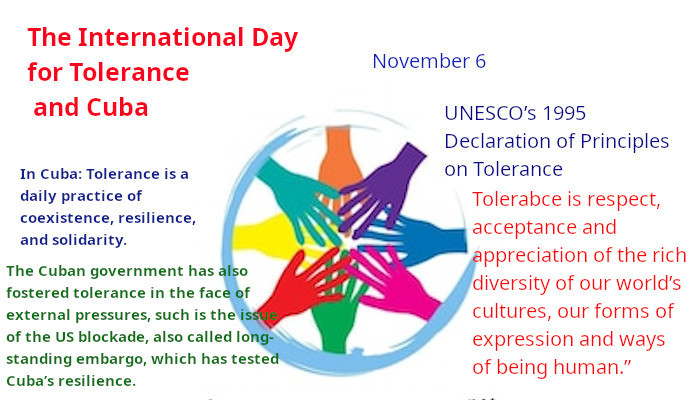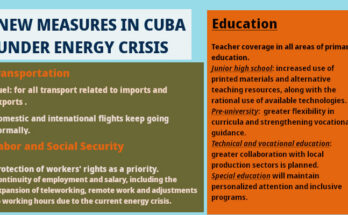The International Day for Tolerance, observed every year on November 16, is a global call to respect diversity, uphold human rights, and foster peaceful coexistence. It was proclaimed by the United Nations in 1996 following UNESCO’s 1995 Declaration of Principles on Tolerance.
UNESCO Declaration of Principles on Tolerance (1995) defined tolerance as “respect, acceptance and appreciation of the rich diversity of our world’s cultures, our forms of expression and ways of being human.”
UN General Assembly Resolution 51/95 (1996) officially established November 16 as the International Day for Tolerance, encouraging governments, institutions, and civil society to promote education and awareness around tolerance.
Tolerance is not indulgence or indifference, it is an active recognition of universal human rights and fundamental freedoms.
In a world of increasing migration, globalization, and cultural exchange, tolerance ensures the survival of mixed communities.
It reinforces the principle that all people deserve dignity, regardless ooff race, religion, gender, or background.
Cuba is an excellent example of how the principles of tolerance are implemented. It is a daily practice of coexistence, resilience, and solidarity. From racial diversity to international medical missions, Cuba demonstrates how tolerance can be wove daily practice into national identity.
Tolerance is a cornerstone for preventing conflict, combating discrimination, and promoting dialogue between nations and peoples.
The 1959 Cuban Revolution emphasized equality, anti-racism, and solidarity, embedding tolerance into the nation’s political discourse.
Cuba is a mosaic of Afro-Cuban, European, and mixed identities. Policies promoting racial equality highlight tolerance as a national value, though challenges remain in addressing subtle discrimination.
Legal protections and organizations like the Federation of Cuban Women (FMC) embody tolerance by advancing gender equality and representation.
Cuba’s support for liberation movements abroad (e.g., Operation Carlota in Angola) reflected a commitment to tolerance beyond its borders, advocating for racial and social justice globally, as the best expression of internationalism.
Regarding religious pluralism, despite its socialist framework, Cuba recognizes multiple faiths—Catholicism, Protestantism, Santería, and others—encouraging coexistence.
The Cuban government has also fostered tolerance in the face of external pressures, such is the issue of the US blockade, also called long-standing embargo, which has tested Cuba’s resilience.
Tolerance here means fostering unity and patience among citizens while maintaining dialogue with the international community.
Global Solidarity is a third aspect Cuba develop beyond its borders. Cuban medical brigades, sent worldwide during crises, embody tolerance through humanitarianism and cross-cultural cooperation.
Migration and diaspora is another issue, since Cuban identity extends beyond the island, with millions abroad. Tolerance is essential for bridging divides between Cubans at home and in exile.
There is an urgent need to develop worldwide tolerance as Cuba does closely following the purpose of UN when created adopted the International Day for Tolerance.




